Alain Pouhet writes in his book Questions sur les dys-, des réponses that many children with ADHD ('hyperactives') are often noticed for behavioural problems (unlike ADD children without hyperactivity who may have severe attention problems but are 'well-behaved' and go unnoticed).
Dr Pouhet regrets that the general public and many teachers view the problem of ADHD from the simplistic angle of hyperactivity alone. This shortcut opens the door to confusion of the type hyperactivity = agitation = ill-behaved child.
Attention deficit disorder with or without hyperactivity (ADD/ADHD) is a neurobiological condition that can cause inattention, hyperactivity, impulsivity and other learning difficulties. Research suggests that ADD/ADHD is most likely caused by abnormalities in certain neurotransmitters or messengers in the brain, which then render the brain ineffective or lazy in the areas that control impulses, filter sensory input and focus attention.
When attentional problems are structural, they are long-standing and present everywhere, in all situations with all adults. However, if the task proposed to the child is motivating, he or she is better able to control himself or herself and to be available, but only for a short time, as this is costly in terms of attention and energy.
Parents of children with ADHD are often overwhelmed because hyperactivity makes it difficult to bring up children affected by it (zapping, impulsiveness, forgetting instructions, perpetual agitation, lack of organisation, sometimes oppositional disorder). But the child is a victim of his symptoms... and parents who have little information about ADHD are also victims of what their child shows and hears.
How can we best understand and support ADHD children?
Acknowledging that the child is not doing it on purpose and is not a born provocateur is essential if we are to change the way we look at them.
In his book, Alain Pouhet sets out a number of ways in which hyperactive children can be better understood and supported:
drug treatment (always after a diagnosis has been made by a professional - specialist AND hospital neuropediatricians or child psychiatrists - and consultation on a case-by-case basis when facilitating the child's school life fails or provides an inadequate response),
cognitive-behavioural treatment,
caring and empathetic parenting (caring parenting provides tools for defusing conflict and cultivating children's emotional intelligence),
cooperation between teachers/parents/professionals, based on relevant information, to ensure the best possible learning conditions.
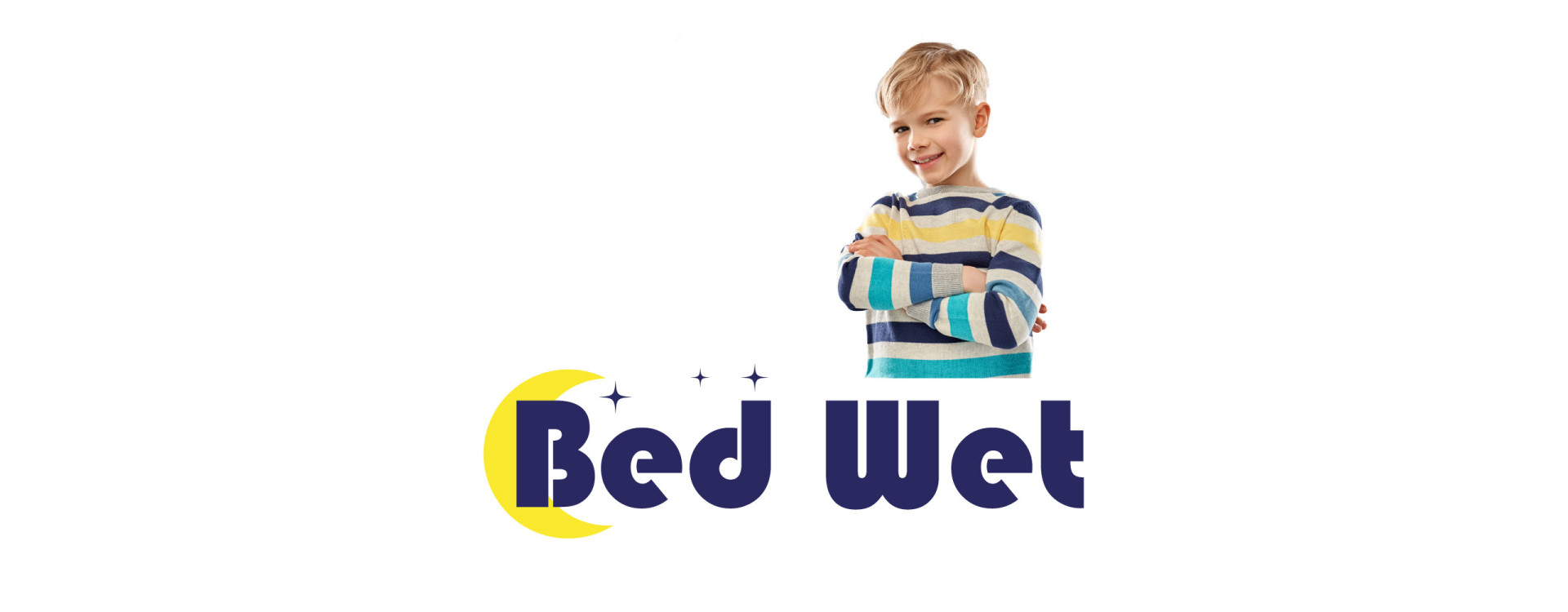

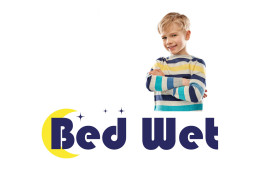
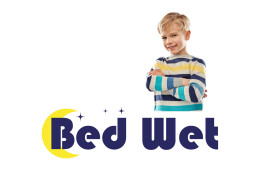
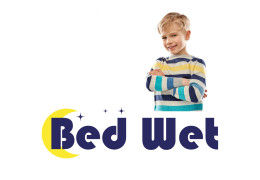
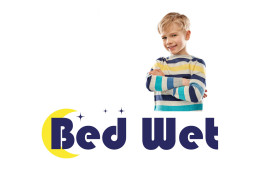
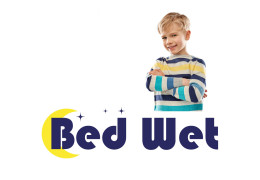
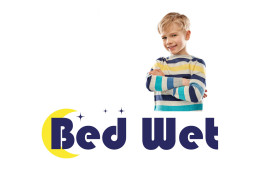
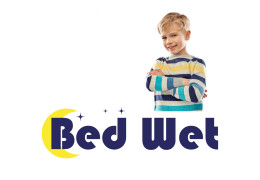
Latest comments